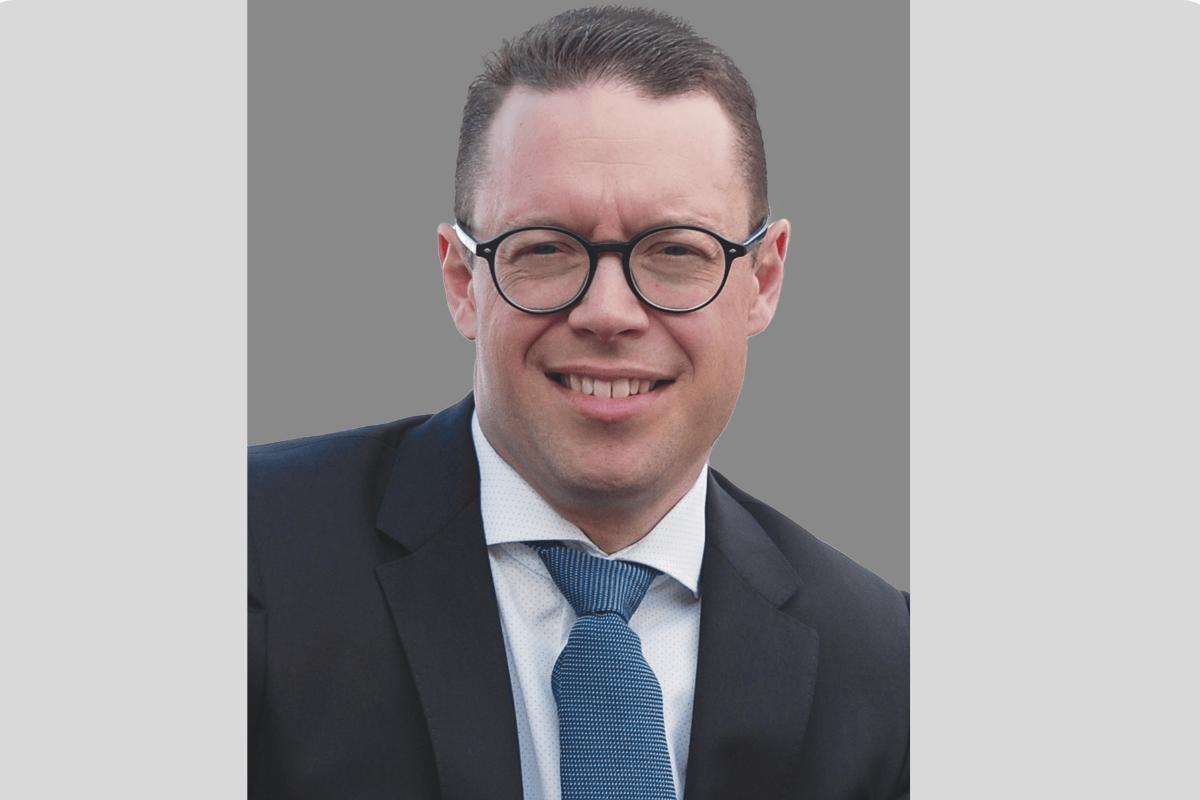Guaranteed Bonds: From Little-Known Asset to Fixed-Income Rock Star
| By Amaya Uriarte | 0 Comentarios

One of the trends we’ve seen in 2025 is the return of fixed income to its traditional role and function in investment portfolios. According to Henrik Stille, portfolio manager at Nordea AM, this comeback is marked by investors demanding more than just high-quality credit and government debt—they are seeking new approaches to fixed-income positioning.
In this context, Stille points to one clear winner: covered bonds. This instrument provides a dual guarantee for investors—on one hand, the issuer itself (mainly financial institutions), and on the other, a pool of collateral assets. “They are considered a low-risk asset, rated AAA, generally uncorrelated with risk assets, and exempt from haircuts in the event the issuer defaults,” he explains.
European Financial Innovation
While relatively new, this asset class is becoming more familiar to investors. “Before 2007, they only existed in five or six countries worldwide, primarily in Western Europe. It wasn’t a widely followed asset class due to its limited scope. But after the 2007–2008 financial crisis, regulatory changes in Europe concerning financial institutions’ liquidity minimums and deposit backing led to more banks globally beginning to issue these covered bonds,” he explains.
In Stille’s view, this marked the starting point for an asset class that is now global. “Today, we’re looking at a €3.5 trillion market. In terms of liquidity, it is the second most liquid asset class after government-guaranteed bonds. For example, the Canadian covered bond market is now the seventh largest in the world—even though the asset class didn’t exist there before 2007. More importantly, as in the case of Canada, all countries are issuing covered bonds in euros. So we are dealing with a global euro-denominated asset class. It’s one of the few examples of financial innovation that Europe has successfully exported to the rest of the world. I believe we in Europe should be quite proud of that,” he states.
Covered Bonds in Portfolios
As an expert in the asset class, Stille notes that the rise of covered bonds has gone hand-in-hand with their inclusion in investment portfolios. Traditionally, investors have built their fixed-income allocations around two pillars: private and public debt. “However, more and more investors are becoming familiar with this asset class, and when shaping their fixed-income allocation, they’re now including a third pillar: covered bonds,” he adds.
The qualities that have turned covered bonds from an unknown asset into a fixed-income rock star are key to this shift. “First of all, this is an asset class that can only be issued based on available collateral, making them clearly liquid, lower-risk than other fixed-income assets, and highly rated—always AAA,” he emphasizes.
Stille highlights that the European Central Bank (ECB) itself has demonstrated the importance of covered bonds in monetary policy: “Over the past years, the ECB has implemented several direct purchase programs for covered bonds. When it began its QE program, it prioritized buying them over other credit assets or sovereign debt. They have always been a crucial part of the ECB’s monetary policy for two reasons: they are seen as a safe asset class, and, more importantly for the ECB, they are politically neutral.”
Investment Opportunities
When it comes to identifying key investment opportunities, the Nordea AM manager points clearly to Europe. According to Stille, there are four major regions of interest: Southern Europe, Eastern Europe, Southeast Asia (mainly Australia), and France.
“Southern Europe mainly refers to Spain, Italy, and Portugal. We like these countries because their banks are cautious in extending credit, have strong balance sheets, and receive high deposit inflows. These are well-balanced institutions. We also like them because their economies appear to be performing well. As for Eastern Europe, I’m thinking primarily of Slovakia and Poland, which share some similarities with the Southern European situation,” he explains.
Regarding Southeast Asia, Stille focuses on Australia but also sees opportunities in New Zealand, Singapore, and Japan. “We like this region because the bonds are issued by very strong banks—stronger than many European counterparts. They have better ratios and lower risks, though their yields are somewhat lower,” he notes.
Finally, Stille believes France deserves its own mention: “We like French bonds and believe they should not be penalized so heavily due to the country’s sovereign challenges. Even if the sovereign rating is downgraded to single A—as is quite likely next year—French covered bonds will remain triple-A. With French bonds still rated triple-A at current levels, we believe they are very attractive compared to many other countries’ bonds. French banks are stable, strong, and we can buy them at a 15–20 basis point spread versus Belgian banks, for example.”








